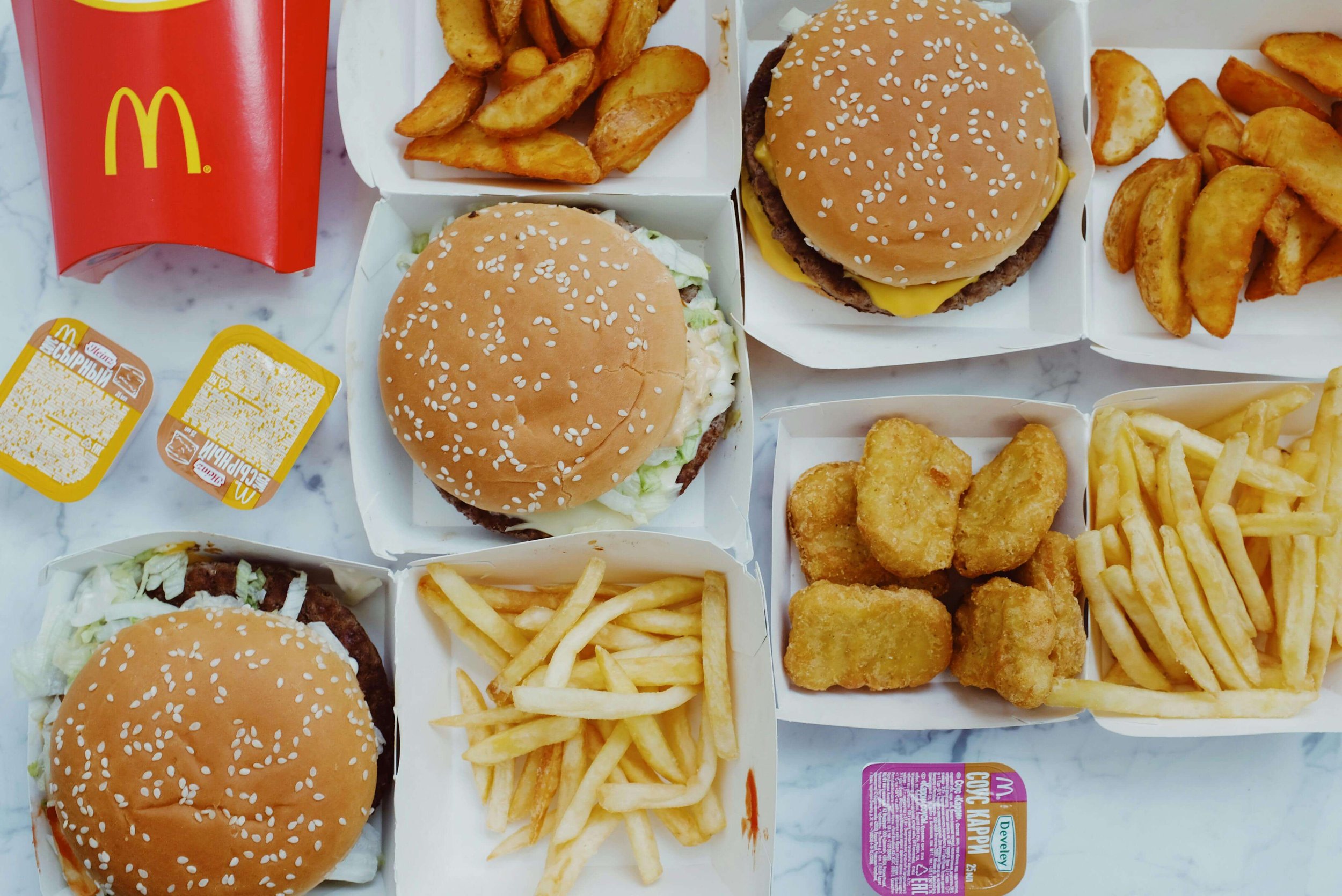McDonald's Faces Class-Action Lawsuit After E. Coli Outbreak
A shocking E. coli outbreak has turned our regular McDonald's dining experience into a nationwide health concern. Multiple customers across several states have reported severe illness after consuming food from the world's largest fast-food chain, prompting immediate investigation and legal action.
The situation has escalated beyond individual complaints, as affected customers unite in a class-action lawsuit against McDonald's. Our investigation reveals that several items from the McDonald's menu are under scrutiny, raising serious questions about food safety protocols and quality control measures at one of America's most trusted restaurant chains. This unprecedented case marks a critical moment for both the company and its millions of daily customers.
Outbreak Timeline and Impact
The Centers for Disease Control and Prevention has documented a significant outbreak spanning from September 12 to October 21, 2024, with cases continuing to emerge across the United States. We've tracked a total of 104 confirmed infections across 14 states, though the CDC indicates the true number of cases may be substantially higher.
The severity of this outbreak is reflected in these key statistics:
34 individuals required hospitalization
4 people developed hemolytic uremic syndrome, a serious kidney condition
1 death reported in Colorado
Our investigation reveals that 99% of interviewed patients had consumed food from McDonald's menu items. The FDA's preliminary investigation points to slivered onions served on Quarter Pounders as a likely source of contamination.
The impact on McDonald's operations has been substantial. We've observed a significant decline in customer traffic, with some states showing dramatic decreases - Colorado experienced a 33% drop, while Wyoming saw a 26% reduction in foot traffic. In response, McDonald's has implemented immediate safety measures, including the temporary removal of Quarter Pounders from menus in affected locations and discontinuing the use of fresh slivered onions.
The outbreak's business implications extend beyond McDonald's, as several other major fast-food chains have taken precautionary measures by removing onions from their menu items in affected regions. Despite these challenges, McDonald's executives maintain that they don't expect this crisis to materially affect their 2024 earnings.
Legal Action Details
Legal action against McDonald's has intensified as multiple consumers step forward with lawsuits over the E. coli outbreak. We're tracking a significant class action lawsuit seeking damages exceeding $5 million for customers nationwide who purchased contaminated Quarter Pounders.
Our investigation reveals several notable cases, including Tammy Williams, who tested positive for E. coli after eating at a McDonald's in Lyon County, Nevada. Another plaintiff, Eric Stelly, is seeking more than $50,000 in damages for injuries including nausea, cramps, and bloody stools.
The legal claims against McDonald's fall into three primary categories:
Negligence claims - alleging failure to meet food safety standards
Strict liability claims - focusing on defective or contaminated products
Breach of warranty claims - violation of implied food safety guarantees
We've learned that the lawsuits allege McDonald's "fraudulent, unfair, deceptive, misleading, and/or unlawful conduct" regarding the E. coli contamination risk. Attorney statements indicate they've received numerous calls from potential class members looking to join the legal action.
The scope of liability extends beyond McDonald's itself. Any entity involved in the food supply chain, including producers, distributors, and retailers, could be held accountable under product liability principles. Importantly, victims don't need to prove intent or awareness of the defect - only that the product was defective and caused their injury.
For affected consumers seeking compensation, the lawsuits aim to cover medical expenses, lost wages, and related out-of-pocket costs. We're monitoring as attorneys gather evidence to prove which food caused the injuries, how it was defective, and what losses consumers have suffered.
Consumer Protection Measures
In response to this serious outbreak, we're seeing unprecedented coordination between federal agencies to protect consumer health. The Food and Drug Administration (FDA) and United States Department of Agriculture (USDA) are working together to enforce stringent food safety standards across the industry.
We've observed McDonald's implementing comprehensive safety protocols, including their Digital Food Safety (DFS) initiative, which has been adopted by 96% of their restaurants. The company has also conducted more than 60,000 food safety audits in 2023, demonstrating their commitment to preventing future outbreaks.
Our investigation reveals that federal agencies are actively monitoring the situation, with the FDA receiving approximately 9,600 reports of foodborne illness annually. To protect consumers, the following measures have been implemented:
Mandatory third-party audits of food suppliers
Enhanced temperature monitoring systems
Strengthened supply chain verification
Digital tracking of food safety compliance
Immediate product withdrawal protocols
Conclusion
This McDonald's E. coli outbreak has affected 104 people across 14 states and sparking legal action that could reshape food safety protocols nationwide. McDonald's swift response through enhanced safety measures, including their Digital Food Safety initiative and comprehensive supplier audits, demonstrates the critical importance of proactive safety systems.
The class-action lawsuit seeking over $5 million in damages serves as a powerful reminder that food safety remains paramount in protecting public health. We've witnessed unprecedented coordination between federal agencies, with the FDA and USDA working together to strengthen consumer protection measures. These developments signal a significant shift toward stricter oversight and accountability in the fast-food sector.

